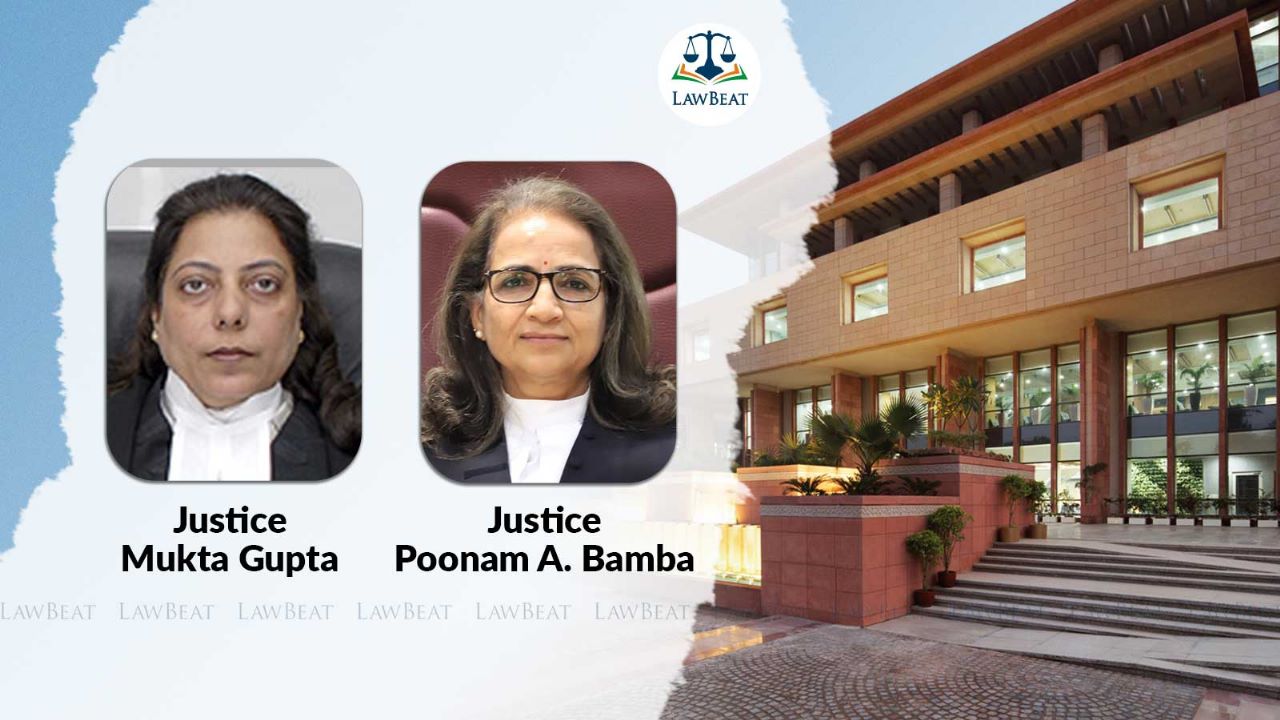Delhi HC directs CBI to file reply in plea challenging constitutional validity of S.13(1)(d)(iii) of Prevention of Corruption Act, 1988

Court was hearing a plea filed challenging the constitutional validity of the provision of the Prevention of Corruption Act, (PC) 1988 alleging that it led to policy paralysis in the country during the Congress regime.
The Delhi High Court on Monday directed the Central Bureau of Investigation (CBI) to file reply in plea challenging the constitutional validity of Section 13(1)(d)(iii) of the Prevention of Corruption Act, 1988 (PC Act).
A division bench of Justices Mukta Gupta and Poonam A. Bamba was hearing a plea filed by one Karamwir Singh challenging the constitutional validity of the provision of the PC Act alleging that it led to policy paralysis in the country during the Congress regime.
Senior Advocate Vivek Sood and Advocate Anuj Chauhan appeared for the petitioner and argued that Section 13(1)(d)(iii) of the Prevention of Corruption Act, 1988 was overbroad and vulnerable to the prosecution of honest public servants.
Section 13(1)(d)(iii) states that a public servant who obtains for any person any valuable thing or pecuniary advantage without any public interest, is liable for criminal misconduct which is a punishable offence.
The senior counsel contended that the provision of law deterred honest public servants from taking decisions for the benefit of the people and the Indian Economy, due to the fear of being prosecuted. Sood also argued that the provision was so broadly defined that even honest decisions by public servants were liable to be branded as giving a valuable thing or pecuniary advantage to a person without public interest.
“Law enforcement agencies such as the CBI had prosecuted many public servants under this Draconian provision of law”, he added. He further contended that "vague laws" such as this had been declared unconstitutional on earlier occasions, such as, in Shreya Singhal’s case wherein the Supreme Court had declared Section 66A of the Information Technology Act, 2000 that defined and punished Internet abuse, as unconstitutional on the ground that it was vague as it made innocents liable for prosecution.
Sood argued that the present Government had repealed Section 13(1)(d)(iii) in 2018 and in the debates of the Parliamentary Standing Committees, it had been recognized that the provision was being used to prosecute honest public servants due to the overbroad definition of the offence and the legislature had itself recognized that the provision was overbroad and thus had been repealed.
He also argued that when the legislature had itself recognized that the provision of the law was being misapplied due to its vagueness and overbreadth, it ought to be declared unconstitutional being arbitrary under Article 14 and violative of the fundamental right to life and liberty under Article 21 of the Constitution of India.
Sood further asserted that old cases under Section 13(1)(d)(iii) initiated prior to 2018 were still being tried in courts across the country and hence the provision was still hurting honest public servants and thus deserved to be declared unconstitutional.
Taking note of the submissions, the court issued notice to CBI and directed it to file reply within six weeks and asked the petitioner to file rejoinder, if any, in four weeks thereafter. Accordingly, the court posted the matter for further hearing on July 14.
Case Title: Karamvir Singh & Anr. v. Central Bureau of Investigation
Statue: The Prevention of Corruption Act, 1988; The Information Technology Act, 2000; The Constitution of India
